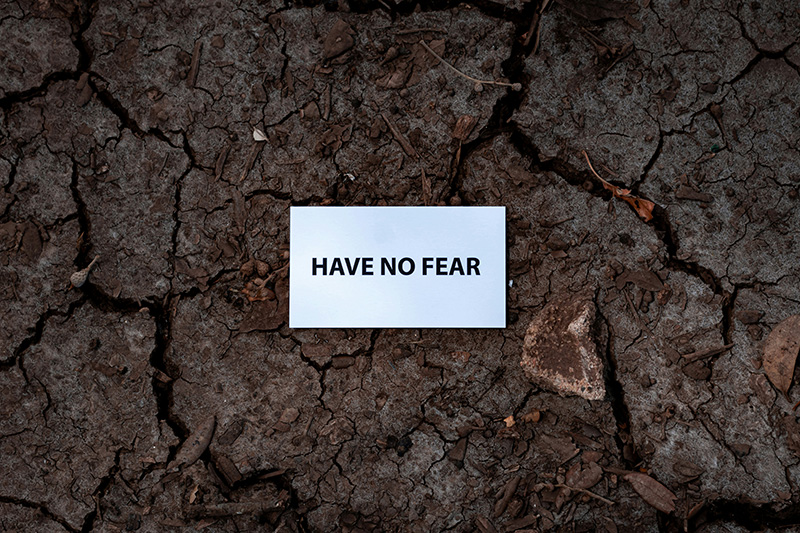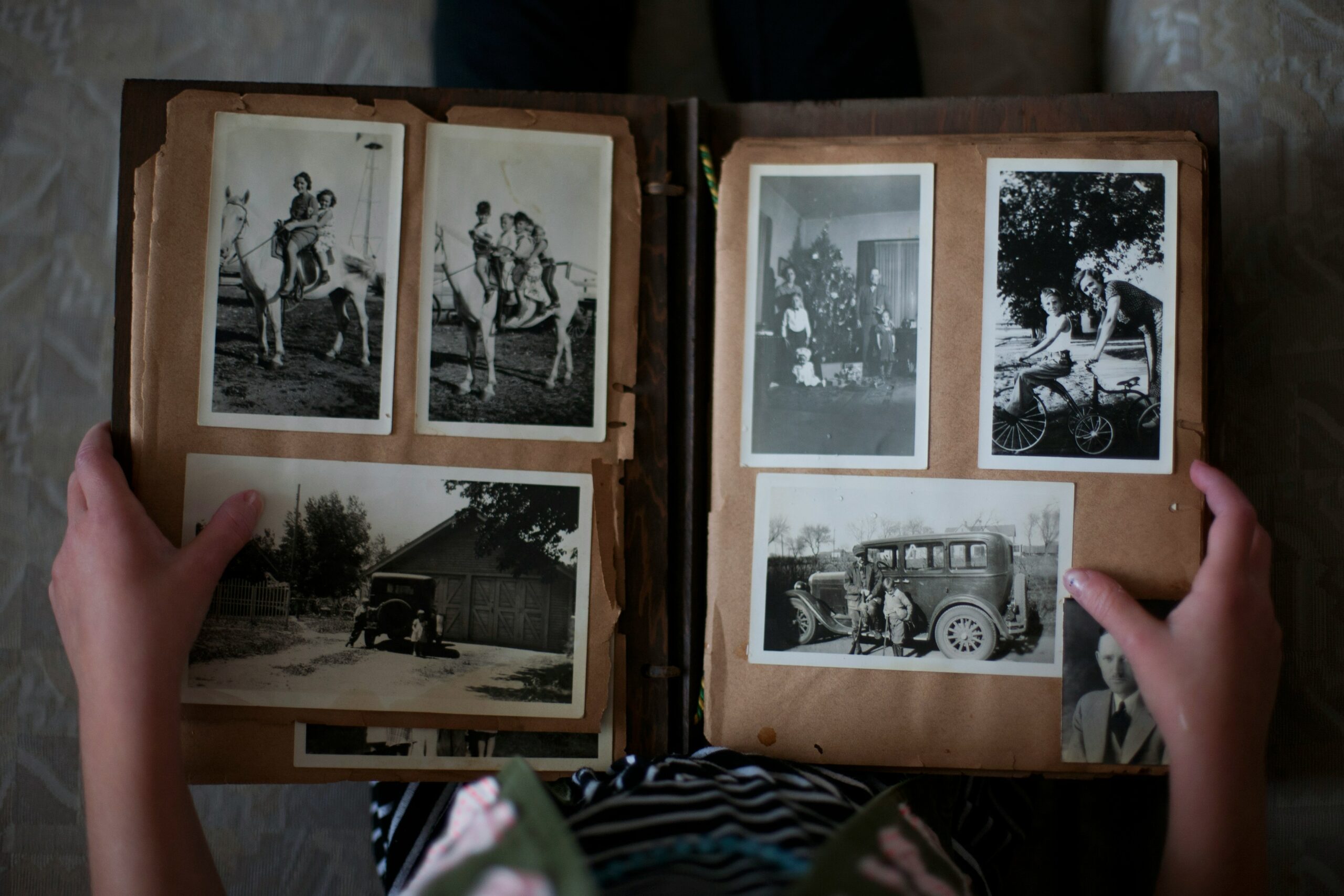
I love memoir and personal essay, a genre I’ve been writing and teaching for four decades. In that time, I’ve discovered that fears about the form sometimes stop a writer from finishing their work — or even beginning to write.
Memoir is often described as a genre that helps the writer make sense of their own life; as a form that can help to heal aspects of a writer’s trauma. Others tout memoir as a legacy to leave a family or a device for connecting the writer to those who’ve had similar experiences — thus helping them feel less alone.
All true.
The finest memoirs, paradoxically, call upon the writer to write honestly, personally, and specifically about themselves if they wish their work to resonate with readers. When the writer does that — no matter their personal experience — their book will sing and attract all kinds of readers, while a book dense with bull will bore and/or infuriate.
Now here’s the rub.
Whenever I tell students that if they wish to write strong memoir, they must write specific, detailed, honest stories about their own lives, they often voice one (or more, and often all) of these fears:
- I have a bad memory, so I’ll have to make up parts of my story.
- My family/friends/loved ones will hate me or get angry and/or embarrassed if I tell the truth.
- Strangers will judge me.
- My life experiences aren’t interesting/important/book-worthy.
- I’ll never write a memoir as good as The Liar’s Club/The Glass Castle/Lucky/Angela’s Ashes (or any other famous and influential memoirs).
- My book is meant to teach readers how to survive narcissistic parents/cruel siblings/cold corporations/prison/sexual abuse/etc. They don’t need to know about me.
Whichever of those demons resonate for you, there are ways to confront and overcome them.
A Lousy Memory
The words “I don’t remember” are your friend. Often, what you cannot remember is as telling as what you do. The unspoken pact memoir writers make with readers is that they are doing their utmost to tell the truth, but starting with “I don’t remember” may lead you to astonishing discoveries.
Just write. The more you write, the more you will remember. Thinking and talking may not jog loose those memories, but writing will, particularly if you focus on your senses — the sights, sounds, smells, tastes, and feel of the time and place, the people and experiences you’re revisiting.
In essence, as you pay close attention to a past experience, you will be "cueing your memory."
Hurt, Anger, Embarrassment, and Judgment
Know that writing and publishing are two different beasts: Save your worries about who you’ll hurt/anger/embarrass until you’re writing the final, final, final draft, the one you plan to put out into the world.
While you are spooling through your memories, writing to discover what you don’t know you know, remember Anne LaMott’s Rule #6 about shitty first drafts.
When you’re ready for feedback on your work, carefully choose your early readers — likely not your best friend, your sister, or someone who competes with you for attention. Think of people who love to read and who will be wise and brave and curious enough to ask you hard questions.
As you move on to your next draft, think hard about those questions.
Confronting Your Demons
Visualize your demon and make a voodoo doll of it; when you sit down to write, stick a pin in its mouth (and maybe in its eyes as well).
Write to your demon, telling it whatever you have to say. Just be sure to tell it to pipe down!
An example:
Dear Demon who tries to frighten me by telling me strangers will judge me. Which strangers are you talking about? And how on earth would you know what others will think. I know it’s impossible to read people’s minds and that I’m almost always wrong when I think I know how people will react to what I do or say. Besides, what difference does it make if strangers judge my writing—some will judge it to be meaningful, some will not. There’s never been a book written, a movie made, a painting painted, a song written, a building built, a play performed that didn’t engender conflicting responses…
Now, go slay those demons, and write on…
- Tips for Overcoming Common Fears About Writing Memoir - February 21, 2024
- 3 Reasons to Write a Book Proposal for Your Nonfiction Book - March 24, 2023
- Finding a Literary Agent - November 7, 2022



